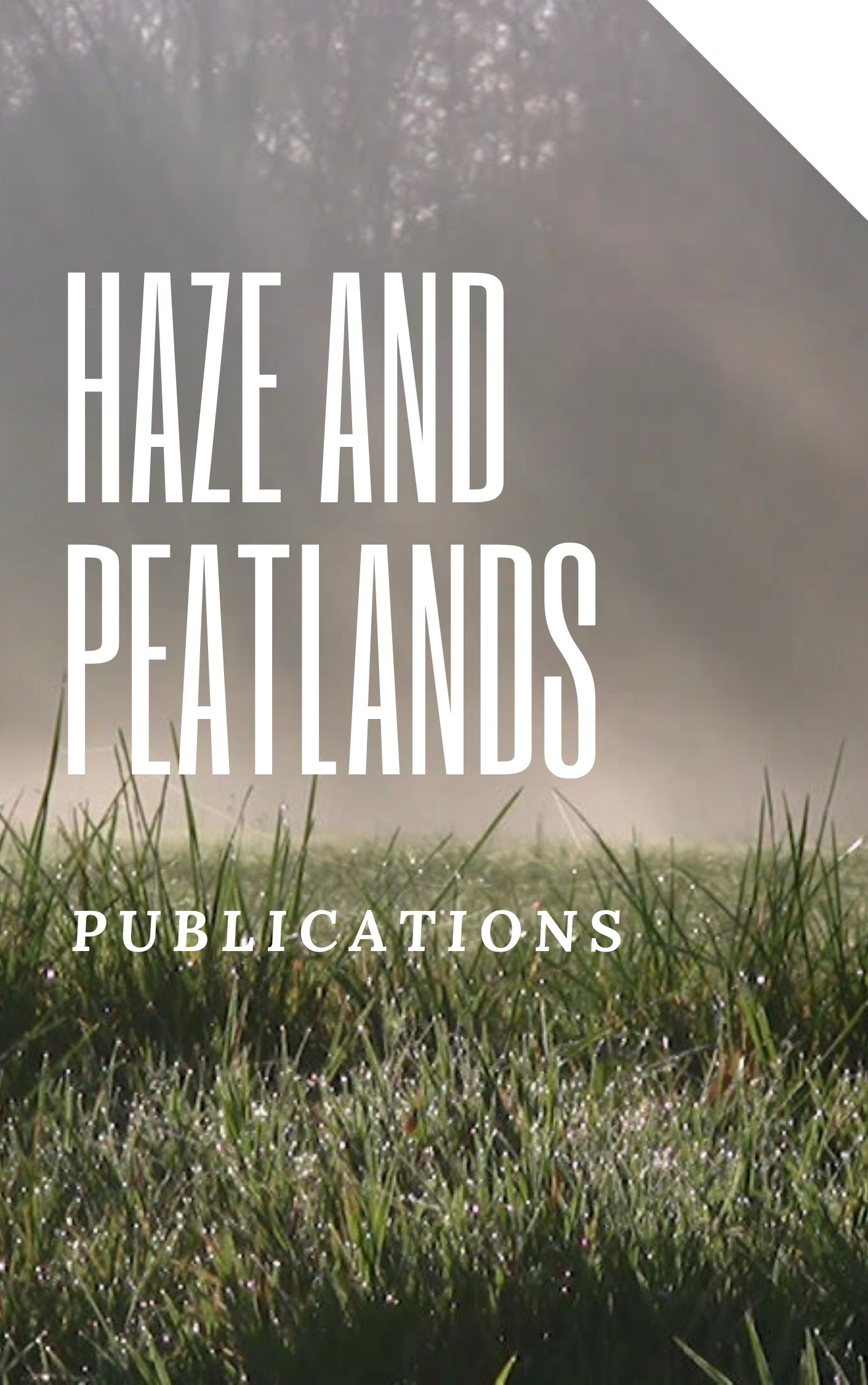This study critically examines the theory underlying the environmental Kuznets curve (EKC) with reference to Thailand. It investigates the EKC using cross-regional panel data on emissions of four major air pollutants (PM10, NO2, SO2, and CO) and data on deforestation. There are two different relationships in the EKC of Thailand: an inverted U-shaped relationship for PM10 and CO, and a monotonically increasing relationship for SO2 and NO2. The relationship between per capita income-PM10 and per capita income-CO appear to support the EKC thesis; but these results could be biased due to the effect of the 1997 financial crisis, which substantially reduced these pollutions. However, environmental measures, both command-and-control (e.g. improvement of fuel quality, and improvement of emission standards) and economic instruments (introducing a price differentiation between leaded and unleaded gasoline, and demand-side management in the power sector), have played a major role to improve air quality in recent times. Unlike PM10 and CO, NO2 and SO2 violate the EKC theory by showing a rising relationship with per capita income. A plausible explanation for the monotonically increasing relationship for NO2, SO2 is the usage of energy resources in Thailand that are high sulfur and nitrogen content energy resources. Coal, which emits acidic gas in the form of SOx and NOx followed by SPM (suspended particulate matter) into air after burning, is a major fuel in electricity generation and other industries in Thailand. The increased coal consumption could explain why the relationship between income-SO2 and income-NO2 are a monotonically increasing relationship, even though environmental policies have been adopted to improve air quality. Furthermore, this study finds no evidence of an inverted- U shaped EKC for deforestation in Thailand. Population density is a factor that has an effect on deforestation and this study illustrates that the 1989 logging ban in Thailand had little effect on forest conservation. On the basis of this study, it is reasonable to conclude that a monotonically rising relationship between income and environmental degradation is more valid in the context of Thailand, implying that Thailand is on a rising path of EKC so far. © 2010 by World Scientific Publishing Co. Pte. Ltd. All rights reserved.
View source

